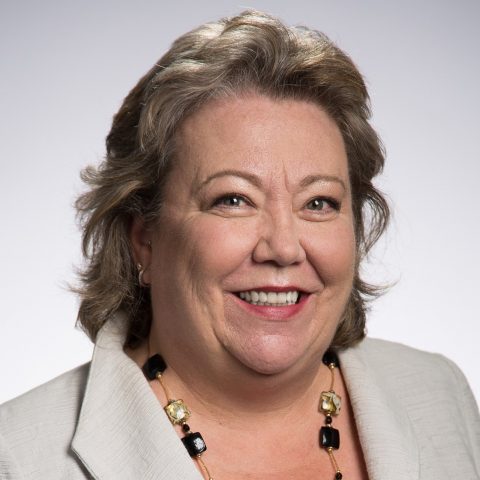Elissa Featured in Investment Advisor Magazine: Future Imperfect

Elissa is featured in the November issue of Investment Advisor Magazine talking about where the financial planning profession has been and where it’s going.
 OM: Elissa, do you think advisors are overlooking anything or making any mistakes that will haunt them later?
OM: Elissa, do you think advisors are overlooking anything or making any mistakes that will haunt them later?
EB: First of all, I think what we’ve done to date is phenomenal. We’ve built a profession that changes people’s lives. To the extent that we’ve made errors, it’s been with the best of intentions, and for lack of a crystal ball.
As far as the things that we could do better—even though we’ve tried, we haven’t succeeded in getting our educational system to commit to teaching financial life skills to school-age children. I’m going to write a letter to Michelle Obama applauding her mission to eradicate childhood obesity, but skinny adults with no financial life skills are still going to risk having miserable lives.
One more thing: Financial planning is a high-credence service. It’s very difficult to measure the value, and we need to become more successful in communicating to the public and to politicians that there’s a difference between financial planning and other stuff. They need to regulate us, too; but not like asset managers or insurance consultants.
OM: What do you see as some of the things advisors have done that will improve the financial future?
EB: There are so many things, but I’ll pick a few. First, we (the profession) have funded a very successful foundation, the Foundation for Financial Planning, which has granted millions of dollars to projects designed to help people make better financial decisions. Also, we have recently created a number of policy-based systems to help people make good ongoing financial decisions. For example, investment policies, debt policies and spending policies are available through financial planning to help people make good decisions as their circumstances change.
OM: Do you think that 10 years from now, people will say you were a voice crying in the wilderness? If so, what about?
EB: I’m more of a trend spotter than a trendsetter, but I have two things that I’m trying to call attention to: the importance of what we do being evidence-based; and that people cannot live their lives fully without financial life skills.
Yes, we will have more volatility, but I don’t believe we need to be burying gold in the backyard or buying canned hams. We do need to be vigilant about how much our clients spend and how much they have in reserve, but we don’t need to panic.
Humans are so adaptable and resilient. If oil runs out, it will first become more expensive, but then we will tap other sources: coal, wind, solar. People will make money developing other sources of energy. That’s how economics works.
So I don’t see the future as bleak at all. We have lots to do: We’ve got to dig out from under our national debt; figure out our health care situation; focus on global warming and the rest of the environment, including energy. But we have consistently created challenges and opportunities for ourselves as human beings, and there’s nothing different about this time.
